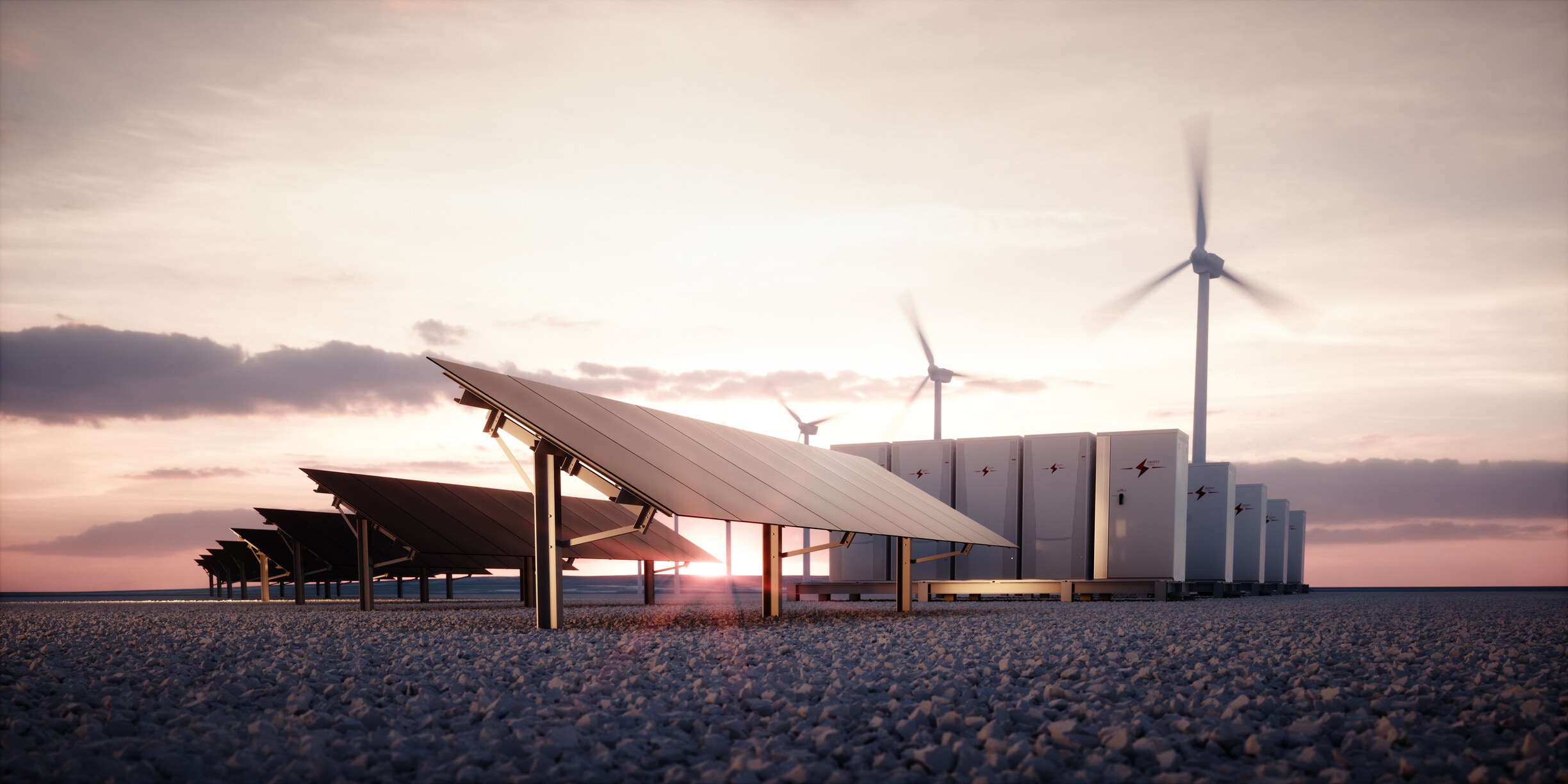Charting ASEAN’s competitiveness landscape

Stay up to date:
Economic Progress
Competitiveness will feature prominently in the programme of the 2013 World Economic Forum on East Asia, taking place this week in Nay Pyi Taw, Myanmar’s capital. And rightly so: competitiveness is a critical driver of both prosperity and integration.
The Global Competitiveness Report 2012-2013 paints a mixed picture of ASEAN’s competitiveness. In the ranking of 144 economies, Singapore comes in second overall behind Switzerland. Cambodia, ASEAN’s worst performer, places 85th among the 144 economies studied (Myanmar and Lao PDR are not included). This profound competitiveness divide partly explains the slow progress towards the realization of the ASEAN Economic Community.
The heat map below shows how countries rank in each of the 12 “pillars” – from infrastructure to innovation – that make up the Global Competitiveness Index, the methodology used to compile the rankings. The different shadings make it easy to identify strengths, weaknesses and regional patterns:
- Singapore is in a league of its own, while Malaysia performs consistently well. But with the exception of “financial development”, there is still room for improvement.
- The competitiveness gap within ASEAN is deep across all dimensions.
- The state of transport and electricity infrastructure, as well as low technological readiness, is an area of concern for most ASEAN countries.
- The performance of most countries is inconsistent across the different dimensions.
- The macroeconomic environment is sound in a majority of countries, much sounder than many troubled European economies.
Much remains to be done therefore. The Global Competitiveness Report provides an indication of a country’s capacity to sustain growth in the medium term – its resilience. Most members are boasting high growth rates, but our research shows that the foundations remain shaky. It is no time to be complacent.
However, there are reasons for optimism. First, ASEAN members fare well compared with the rest of developing Asia. In the latest report, Cambodia is well ahead of Mongolia, Bangladesh, Pakistan, Nepal and Timor-Leste, ASEAN’s aspiring member.
Second, most ASEAN countries are moving in the right direction. All the ASEAN members have either improved or maintained their rank since 2005. Cambodia has leapfrogged its way up the rankings; in 2005, a mere 6% of countries ranked below it. Today, the figure is 40%. Meanwhile, Pakistan and Bangladesh have dropped considerably.
Since its creation, ASEAN has made significant strides. But evolving from a loose association to a tightly knit group will require stepping up efforts, starting with narrowing the competitiveness gaps. In 2012, at the World Economic Forum Annual Meeting in Davos, Lim Hng Kiang, Singapore’s Minister of Industry and Trade, used a nice analogy to refer to ASEAN: “Like the swan, we do not always move forward. We sometimes go in rounds, but always gracefully.” It is time for the swan to soar.
ASEAN countries’ performance in the 12 pillars of the Global Competitiveness Index 2012-2013
Author: Thierry Geiger is an economist and associate director with the World Economic Forum’s Global Competitiveness Network, where he leads the Asia competitiveness practice.
Image: A bridge under construction is pictured in South Korea REUTERS/Incheon Free
Don't miss any update on this topic
Create a free account and access your personalized content collection with our latest publications and analyses.
License and Republishing
World Economic Forum articles may be republished in accordance with the Creative Commons Attribution-NonCommercial-NoDerivatives 4.0 International Public License, and in accordance with our Terms of Use.
The views expressed in this article are those of the author alone and not the World Economic Forum.
Forum Stories newsletter
Bringing you weekly curated insights and analysis on the global issues that matter.
More on Economic GrowthSee all
John Letzing
August 27, 2025
Tariq Bin Hendi
August 26, 2025
Kai Zenner and Benedikt Gieger
August 25, 2025
Chavalit Frederick Tsao
August 19, 2025
Laurel Taylor
August 18, 2025
Yufang Jia and William Jernigan
August 18, 2025




